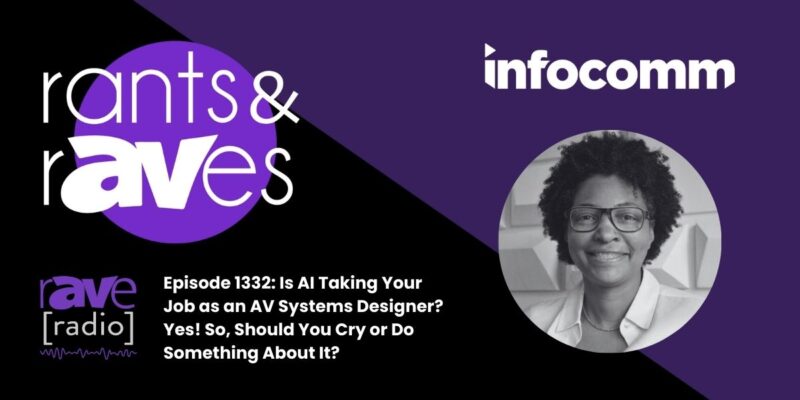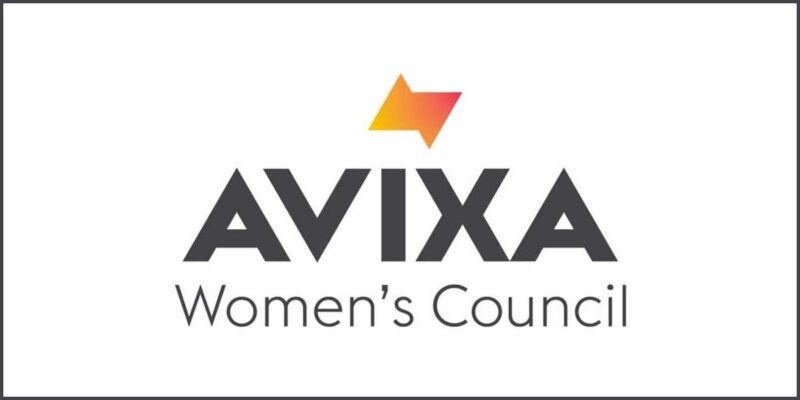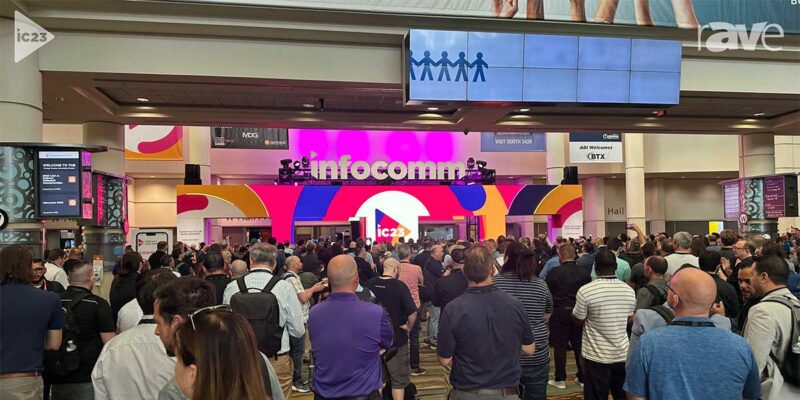IT or X? It’s BOTH!
Suppose you’re active in social media at all. In that case, you may have noticed that quite a few strong opinions are resurfacing about AV’s “Experience” movement that has been happening since InfoComm became AVIXA.
I believe the sudden rise of cloud-based conferencing, AV-over-IP and the retraction of hospitality, live and experiential events due to the current situation here in the U.S. has added to the discontent. There is also a lot of talk about AV being part of the IT industry, and that we should be focusing on IT skill sets and creating AV standards to further the industry. Many still think there should never have been a change from the name InfoComm or its previous concentration on training and equipment. I liked the shift in focus myself, and I wrote about my thoughts on the change three years ago. In case you missed it, you can find it here.
I still believe that the experience movement is significant, perhaps even more so today as we reenvision public spaces, restaurants and corporate offices to offer unique outcomes that can’t be recreated remotely. I also know that the world has surged forward with mass adoption of digital tools to connect people and resources over the past six months, so the importance of AV’s IT-based segments are also more critical than ever.
If the question is, “What is more important, experience (X) or IT focus?” then the answer is BOTH.

To understand this, you also have to recognize that IT and X appeal to different stakeholders.
Suppose you’re a technology manager in education. In that case, your priority may be connecting remote and in-person students to professors and resources, which means that how you manage and maintain all of the devices and connections is extremely important.
If you’re an instructor or a student at that same facility, not only is reliable access and connectivity critical, but the student learning experience needs to mirror that of the previous on-campus version, offering the same level of learning as well as opportunities to collaborate with students.
You may argue that experience is merely a byproduct of the IT infrastructure. To that, I would answer that the experience is definitely contingent on a good underlying structure, but a technically elegant and reliable solution may still yield a lackluster learning experience. A particular focus on the learning experience itself is needed beyond IT design considerations.
This same scenario plays out in the corporate world as well. We’ve all seen systems underutilized or bypassed because the users’ experience with the systems is unnatural and counterintuitive. They go against their workflows and fail to leverage shared experiences to encourage adoption.
As an industry, we have to focus on the methodology and transport mechanisms, IT considerations and system security. We need to define better standards. We need to be educated enough to have valuable conversations with IT.
We also can’t forget that every one of our systems, whether in a class, at the office or at a concert, is interpreted subjectively through the eyes, ears and expectations of each and every student, employee or audience member.
Saying that we need to ditch “experience” and go back to basics falls short, as does focusing on outcomes without having a reliable methodology actually to provide them.
If we really want to move forward in a valuable way, we need to understand that the IT and experience focuses are not at odds, but rather are symbiotic, and the success of the industry as a whole relies on … BOTH!





